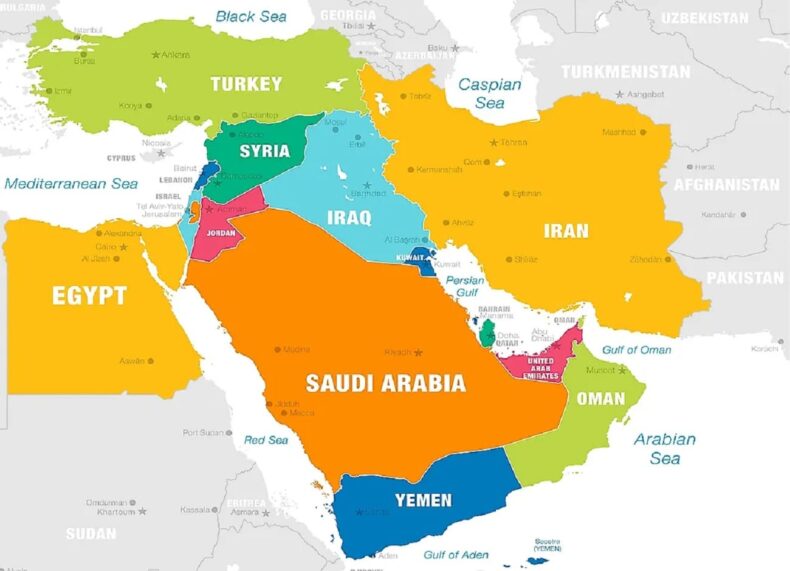Even while there is still unease over Iran’s nuclear programme and there has been an increase in violence between Israelis and Palestinians, diplomacy has cooled some of the volatile rivalries in the area.
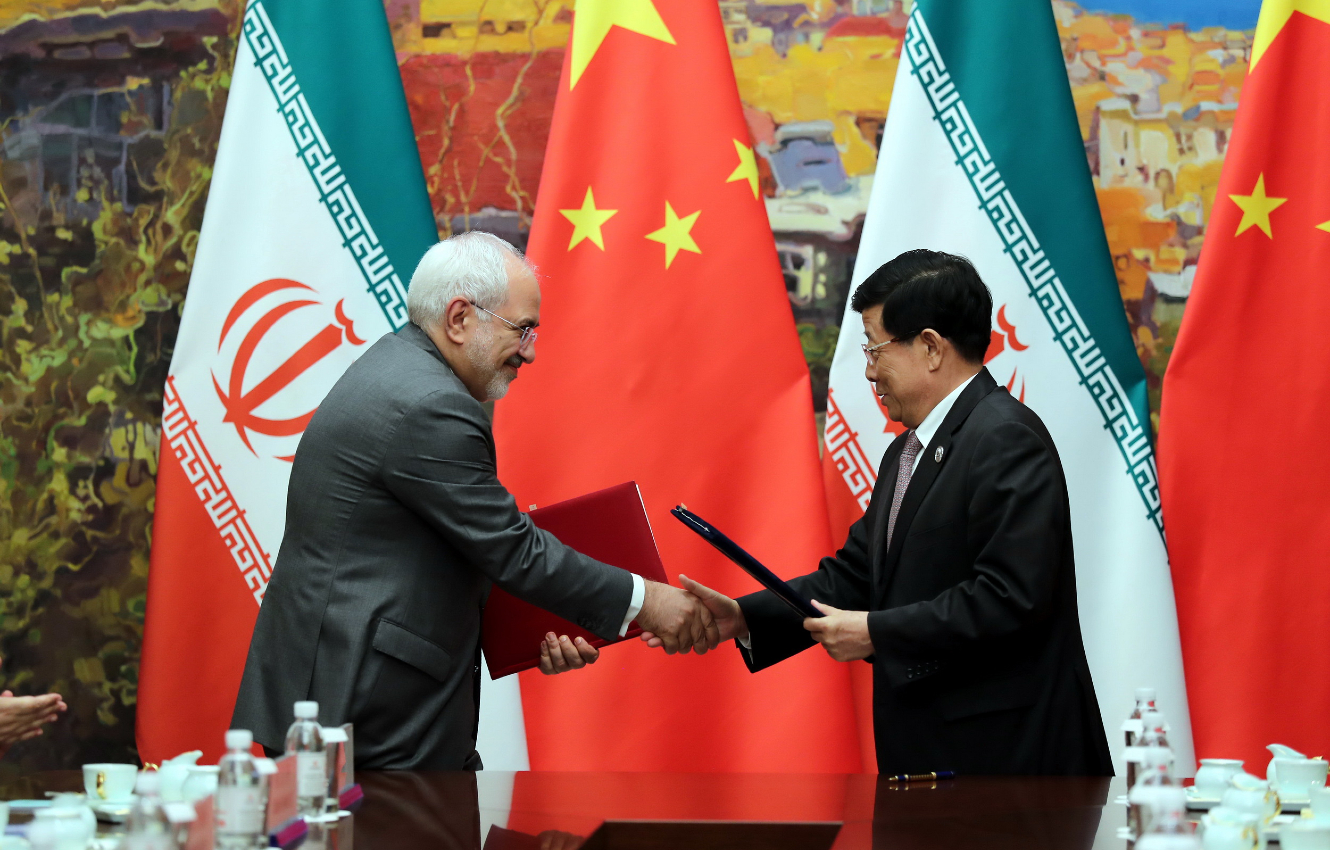
The most recent example of this trend was the agreement between Iran and Saudi Arabia to reestablish diplomatic ties. Enemies all around the Middle East have been making efforts to heal relations that have been strained by years of tension and conflict.
According to Saudi state-run Al Ekhbariya television, the foreign ministers of Iran and Saudi Arabia met in China for the first official gathering of their top diplomats in more than seven years.
Here is how regional ententes are developing.
RECENT DYNAMIC
Even while there is still unease over Iran’s nuclear programme and there has been an increase in violence between Israelis and Palestinians, diplomacy has cooled some of the volatile rivalries in the area.
The change coincides with initiatives to promote economic growth, and geopolitical movements as US allies doubt Washington’s long-term commitment to the area, and as other nations, particularly China with its expanding trade links, strive to exert greater influence.
Middle East :
According to Vali Nasr of the Johns Hopkins School of Advanced International Studies in Washington, “the Arabs, the Iranians, and the Turks are seeking to establish a grey space where they can all cohabit, rather than a zone of black and white.”
A very polarised Middle East is not in their best interests, according to certain US friends, he said. Everyone is being pushed to the centre by a dynamic in the area.
Middle EastMiddle East Middle East Middle East Middle East Middle East Middle East
SAUDI-IRAN
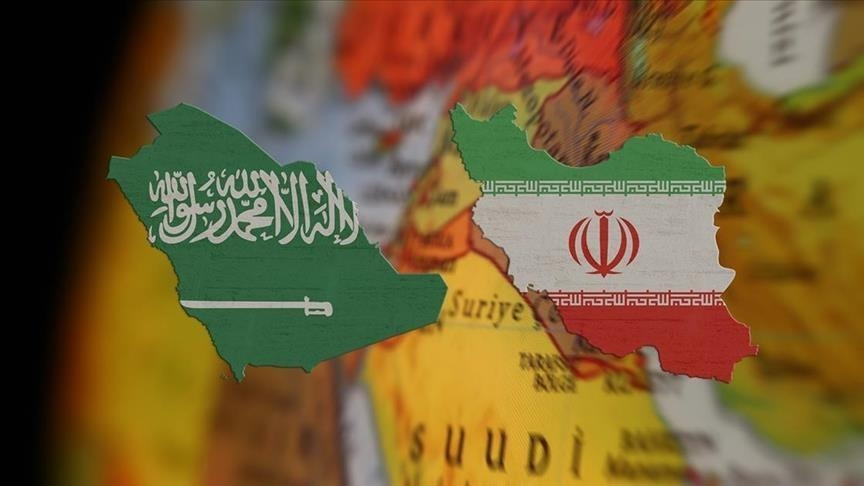
An accord mediated by China saw the restoration of relations between Saudi Arabia and Iran. The accord reached between Iran’s Shi’ite Islamist leadership and Saudi Arabia, a major Sunni Arab state, might ease tensions and end hostilities like the Yemen War.
While Crown Prince Mohammed bin Salman concentrates on developing and diversifying the economy, the agreement highlights Saudi Arabia’s need for security. To strengthen its longstanding partnership with the United States, Saudi Arabia has turned to China.
Iran is attempting to thwart Western efforts to isolate it despite having its economy limited by US sanctions. For both Saudi Arabia and Iran, China is a significant commercial partner.
UAE-IRAN
The United Arab Emirates attempted to interact with Tehran in 2019 by strengthening diplomatic
ties in August, motivated by economic interests that depend on its reputation as a secure corporate haven. For the first time since 2016, Iran has nominated an ambassador to the United Arab Emirates.
UAE, EGYPT, SAUDI ARABIA, and TURKEY
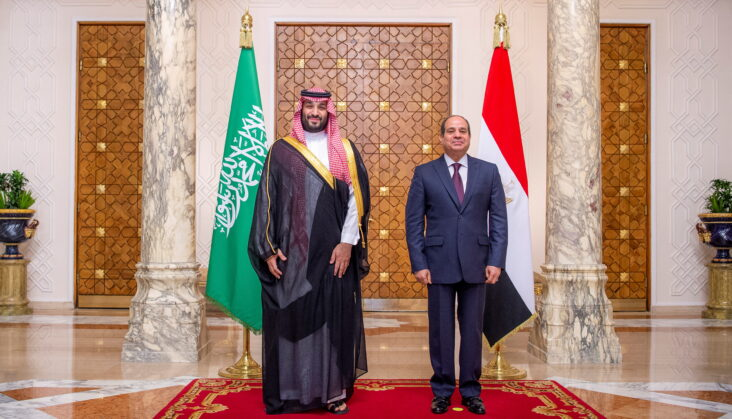
After the 2011 Arab Spring upheavals, when Turkey-backed Islamists were fighting Arab autocrats for power, relations between Turkey and Saudi Arabia, Egypt, and the United Arab Emirates deteriorated.
After a Saudi hit squad murdered Saudi writer Jamal Khashoggi at the country’s Istanbul consulate in 2018, Ankara’s relations with Riyadh deteriorated. The orders were allegedly given by the “highest echelons” of the Saudi government, according to Turkish President Tayyip Erdogan.
Amid a severe economic crisis, Turkey launched a charming drive in 2021 that resulted in state visits and investment agreements. The national bank of Turkey received a $5 billion deposit from Saudi Arabia in March.
Moreover, relations between Egypt and Turkey are strengthening. Turkey condemned the 2013 overthrow of President Mohamed Mursi of the Muslim Brotherhood by the Egyptian army. The Turkish foreign minister made his first trip to Cairo in ten years on March 18.
The stronger relations may be seen in Libya, where Egypt and the UAE support eastern rebels while Turkey backs the Tripoli administration. According to diplomats, improved relations have made it simpler for the warring sides in Libya to preserve a truce.
EGYPT, SAUDI ARABIA, QATAR-UAE.
Regarding Islamist groups generally, Egypt, the UAE, Bahrain, and Saudi Arabia broke ties with Qatar in 2017 after Doha refuted allegations that it supported terrorism.
In 2021, Saudi Arabia took the initiative to mend fences by ending the blockade on Qatar. While Abu Dhabi and Manama have yet to nominate ambassadors, Riyadh and Cairo have. All but Bahrain have reestablished communication and commercial routes.
UAE, BAHRAIN, MOROCCO, ISRAEL, UAE, and SUDAN
The “Abraham Accords,” which were mediated by the US, resulted in a considerable expansion of Israeli ties with the Arab world in 2020. Due to shared concerns over Iran, the UAE and Bahrain were the first to normalise relations. Morocco soon followed.
The signing of a contract to normalise relations between Sudan and Israel was scheduled to take place after the military in Khartoum handed over authority to a civilian administration in February, according to an announcement made at the time.
ISRAEL’s NORMALCY WITH SAUDI ARABIA
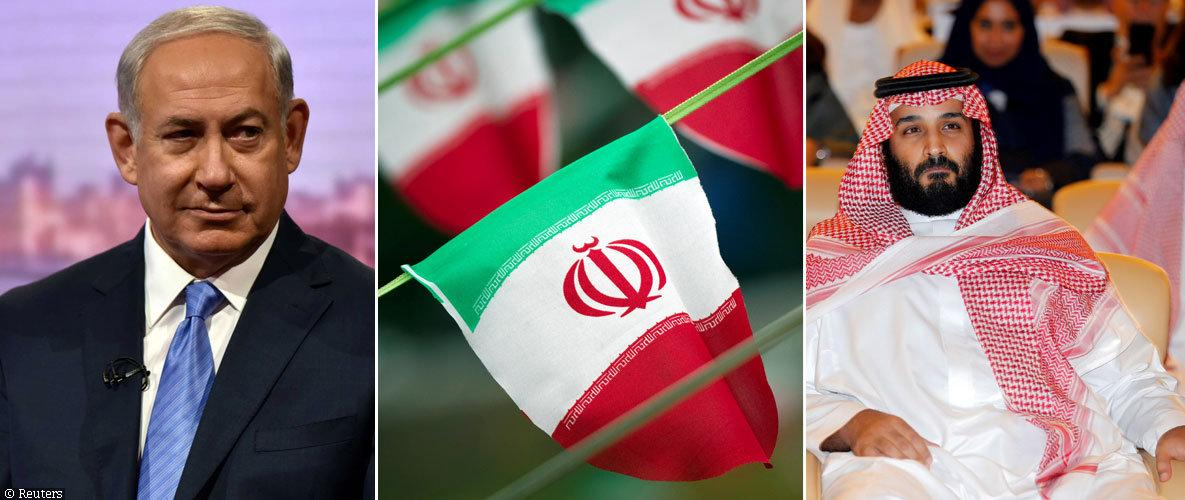
Yet, despite Riyadh’s indication of implicit support for the Abraham Accords, which let Israeli national airlines operate in its airspace, it asserts that any normalisation would necessitate advancement in the Palestinians’ long-stalled statehood aspiration.
Meanwhile, Turkey and Israel also repaired their troubled relations with one another last year.
THE TURKISH GOVERNMENT, ARAB STATES and THE SYRIA
Relations between Damascus and other Arab nations that earlier supported the rebels opposing President Bashar al-Assad have been repaired.
The UAE is in charge, in part to counteract Iran’s influence, which assisted Assad in regaining control of much of Syria.
Since the earthquake on February 6, which led to an upsurge in Arab sympathy for Syria, the tendency has increased. Saudi Arabia and Syria have decided to reopen their embassies. Also, according to sources, Riyadh intends to invite Assad to the May Arab meeting.
Instigated by Moscow, Turkey, which has traditionally supported the Syrian rebels, has resumed communication with Assad. Any meeting with Erdogan has been turned down by Assad until the Turkish force leaves northern Syria.
Read more at:
https://www.inpactimes.com/wp-admin/post.php?post=41671&action=edit
https://tdznkwjt9mxt6p1p8657.cleaver.live/wp-admin/post.php?post=190539&action=edit







